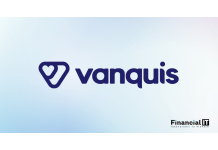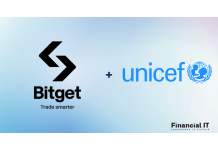Saga Money Launches Competitive Easy Access Savings...
- 13.01.2026 09:15 am
Nationwide Launches New ‘Call Checker’ as Brits Lose...
- 12.01.2026 09:45 am
PensionBee Urges Action To Close the Growing Gap...
- 09.01.2026 11:15 am
Pension-Tracing Solution Raindrop Reunited UK Savers...
- 08.01.2026 02:35 pm
Starling Bank Reveals the Simple Money Habit Shared By...
- 07.01.2026 09:25 am
Checkout.com Data Release: Last-Minute Shoppers And...
- 07.01.2026 08:35 am
Cash Usage Rises For Fourth Year As Brits Continue To...
- 06.01.2026 11:45 am
From Resolution To Reality: Credit Expert Tips For...
- 05.01.2026 09:05 am
Smart Money App Plum Launches No Spend Challenge Which...
- 05.01.2026 06:25 am
Christmas Squeeze: Brits Cut Back on Festive Spending...
- 02.01.2026 12:35 pm
Visa Analysis: UK Holiday Spending Climbs 3.6%
- 23.12.2025 11:25 am
Bitget And UNICEF Launch Initiative To Empower Girls...
- 22.12.2025 10:15 am






















